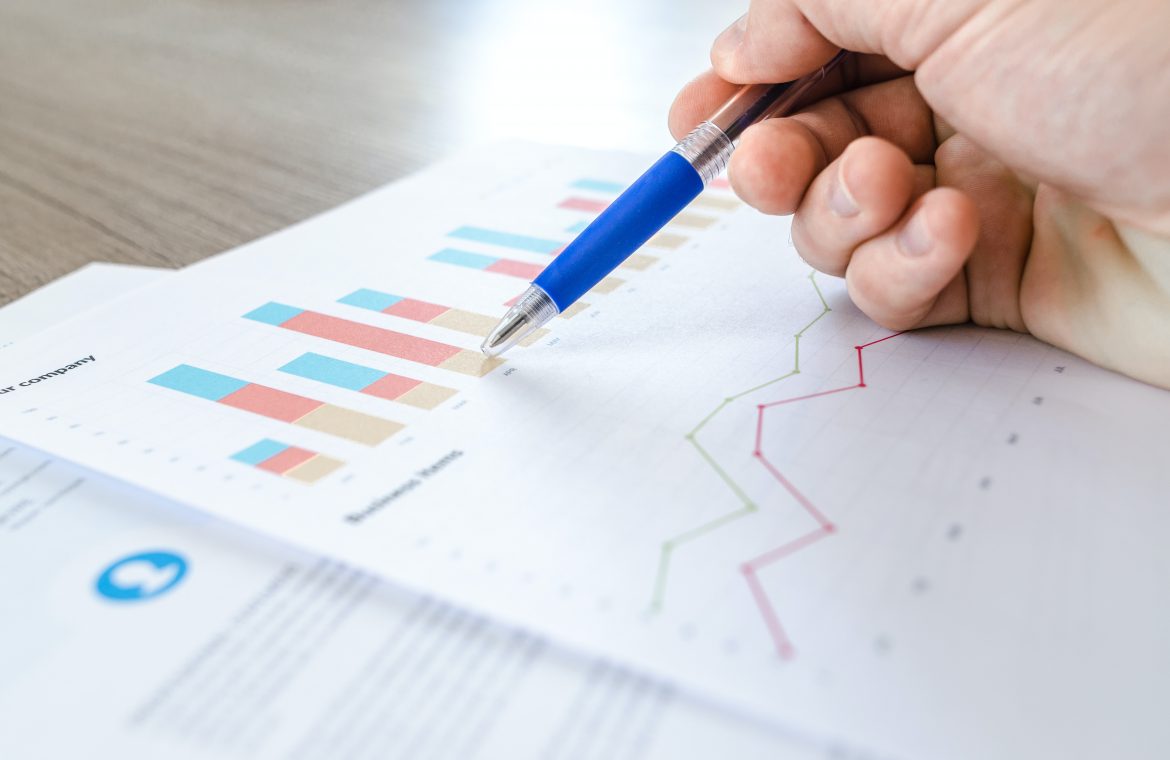Data is more than a buzzword and Big Data is the tool that businesses are using to track digital actions. The actions encompass more than what was once tracked on paper. With the plethora of digital devices, Big Data drives the way organizations to do business and interact with customers. If you are getting ready to implement Big Data, consult with a lawyer before you jump into the process.
- What are the legal regulations you must follow?
There are several regulations and statutes about Big Data. If you are collecting medical data, it has to be protected differently than customer information on a commercial website. Be sure that you comply with all of the regulations and statutes, or you could have costly legal consequences. Remember that regulations change often, so stay abreast of adjustments to statutes and policies. You should develop a plan to follow the changes as they happen.
2. What data are you planning to collect?
Before you begin collecting Big Data, you should figure out exactly what you need to collect. There are some items that will be helpful and some that are frivolous. It will all need to be stored and managed, so deciding what you will not need is just as important as what you do need. Your lawyer can tell you if there is any data that you cannot collect.
3. How will your customers know what you are collecting?
You cannot collect data without letting your customers know, which is why websites have to share if they are using cookies. Your customers have to be able to opt-out of your data-collection process. You also have to let data expire and be ready to dispose of it when a customer asks.
4. What will you do with the data you collect?
Before you start collecting data, decide exactly what you will do with it. You might want to plan how data will help your business succeed, then figure out what data you need. This about what your ideal customer looks like, then what data that customer could provide you.
Before you finalize your Big Data decisions, consult with your lawyer to be sure that you can legally collect the data. Decide how long you will keep the data, and what you will do with it when you discard it.
5. How are you planning to store the data?
If you do not store your data in a safe way, you could have lawsuits coming at you from all angles. It is very important that you store your data in an incredibly safe way so your customers are protected from any type of cyberattack. Since customer data often include credit card numbers, birthdays, addresses, and shopping trends, hackers who successfully get into your system could find a treasure trove. You have to consider how your data will be stored in-house, and how remote workers can keep your data safe. Big Data storage is something to take very seriously, as your customers will trust you to keep their vital information private.
Topics #Big Data #Cyber attack









